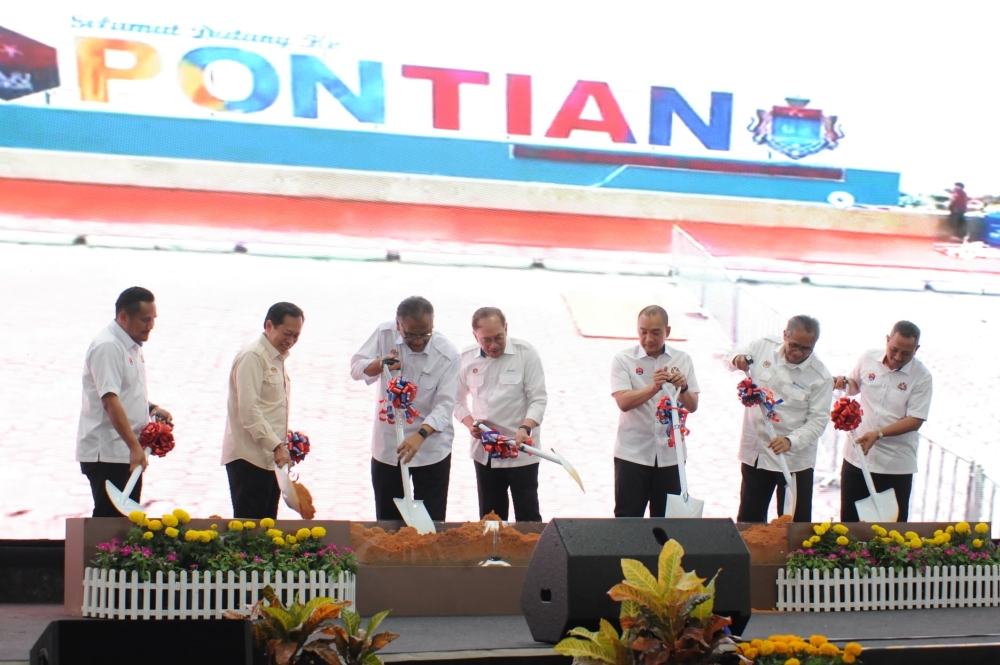KUALA LUMPUR, Nov 5 — Measures to address the Covid-19 pandemic and its effects need to be the government’s top priority in Budget 2021, but preparatory steps to face oncoming threats should also be included, said economists recently.
Professor Yeah Kim Leng of Sunway University Business School told Malay Mail that Budget 2021’s main priority should be the control of the Covid-19 pandemic as consumers and businesses will be wary of spending and investing as long as the pandemic continues to threaten lives and livelihoods.
“Since a virus vaccine is expected to be available at the earliest in the first quarter of 2021, the budget will need to make provisions for the procurement of the vaccine and roll out a national immunisation plan,” he added.
He also said that a bigger and more targeted budget is needed to assist distressed firms and households and to prevent further retrenchments and business losses.
Universiti Tun Abdul Razak economist Barjoyai Bardai said the budget would need to “kill two birds with one stone”, by spurring the economy and helping the needy at the same time.
“Going into mega projects to spur the economy like before will not work. The government has already announced several mega projects such as the East Coast Rail Link (ECRL) and so on. This time we need to change course.
“What we need is to massively build human resources now that we are rapidly moving into Industrial Revolution (IR) 4.0.” he said, noting that Khazanah Research Institute recently found automation is quickly taking over jobs amid the Covid-19 pandemic.
He also said that more funds should be allocated to the B40 group, as aid for the poor during the pandemic, such as those contained in the National Economic Recovery Plan (Penjana), had failed to encompass all of those affected.
Asli Centre of Public Policy Studies chairman Tan Sri Ramon Navaratnam said that Covid-19 measures should be the priority, as there is a limit to resources. To counter the lack of funds, Ramon suggested that the government further involve the private sector.
“Give incentives to the private sector to build the roads, schools, hospitals and other key infrastructure on their own. We can think of many such infrastructure endowment funds,” he told Malay Mail.
Ramon, who is also a former Finance Ministry deputy secretary-general, added that constraints on the economy, such as those created by the New Economic Policy (NEP), should be relaxed.
“This will create a more competitive, merit-based economy that will spur investments, business development and reduce brain drain and unemployment,” he said.
The NEP was a policy adopted in 1971, which sought to redistribute wealth, tipping the scales in the favour of Bumiputera. Later, in 1990, it was replaced by the National Development Policy which continued to follow many of the NEP policies.
Budget 2021 is slated to be tabled by Finance Minister Datuk Seri Tengku Zafrul Abdul Aziz in the Dewan Rakyat tomorrow.
















.jpg)


